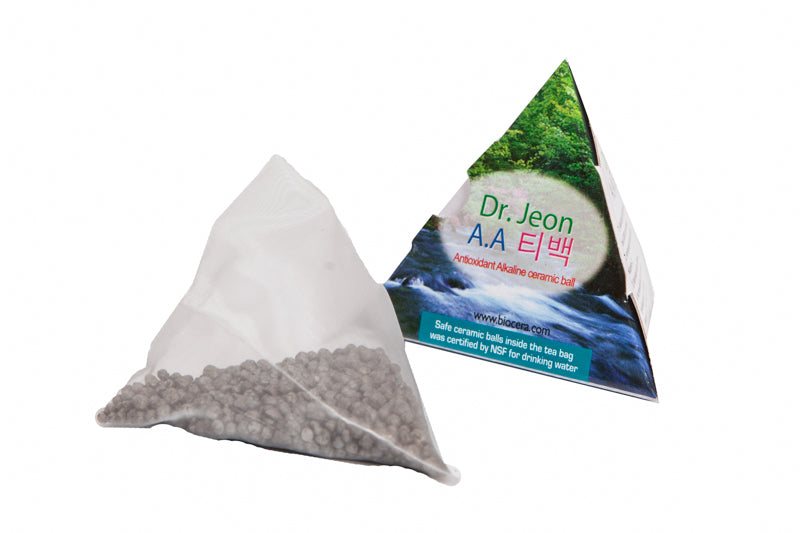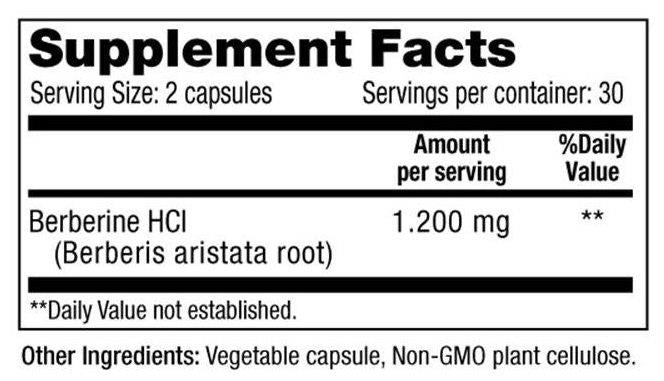Though we should all make a year-round effort to nurture the good bacteria in our gut, this week is Love Your Gut Week 2018 (17-23 September). The initiative, which is run by a collective of digestive health charities and organisations, is dispensing recipes, tips and expert advice to encourage people to take better care of their microbiome.
We are certainly of the same mind: gut health is vital if we are to attain better levels of wellbeing generally!
Do We Need a Gut Health Week?
Some might question, given the amount of press in recent months, whether a dedicated Gut Health Awareness Week is necessary. It seems that now, more than ever, we are becoming switched on to the benefits of supporting the community of microbes in our stomach with good nutrition.
Where once it was considered a niche area, most now view the gut as a key indicator of wider health, the epicentre of wellbeing. Or so you would think. In fact, according to research conducted by the collective, almost a third of people (29%) who experience persistent gut or abdominal problems have not sought professional help. And 63% of the population have had persistent gut problems such as constipation (44%), diarrhoea (43%), heartburn (39%), bloating (33%) and stomach pain (15%) in the last year. 13% also experienced blood in their stools.
What these numbers show is that, despite rising awareness of the role of the gut in overall health, gastrointestinal discomfort is a common problem – and many are starting to accept it as part of everyday life. This is exactly the kind of malaise Love Your Gut Week is intended to rectify, pointing out that digestive diseases are linked to one in eight deaths in the UK.
Research also showed that, of the 71% who seek professional help to diagnose their gut troubles, 20% wait for up to a year before booking an appointment with their GP. 13% suffered with symptoms for more than a year before finally biting the bullet and arranging to see a specialist.
What Causes Gut Trouble?
There are many factors which can give rise to the conditions listed above. Stress is a common one: it also happens to be the cause most respondents (63%) suggested as being responsible for their complaints, followed by alcohol (54%), a fibre deficiency (49%) and a sedentary lifestyle (49%).
When we encounter stress, adrenalin and cortisol impacts the transit of food through the digestive system, which often leads to either constipation or diarrhoea. The blood flow to the gut is also hindered. Many people talk about stress tying knots in their stomach and it’s true: the effect of stress on your microbiome is pronounced, hence the gut-brain axis or ‘second brain’. The harmony of the trillions of microbes living in our gut is reliant upon healthy neurological processes.
A 2011 study in the Journal of Physiology and Pharmacology illustrated this well, showing that persistent stress reduces both the quantity and diversity of your good gut flora. The study – a collaboration between universities in Germany and Poland – noted that stress-induced alterations of the brain-gut interactions could also lead to the development of such gastrointestinal disorders as inflammatory bowel disease (IBD) and irritable bowel syndrome (IBS).
Of course, stress isn’t the only culprit. Lest we forget, antibiotics play havoc with our gut flora. Prescribed to kill bad bacteria, they also decimate good bacteria and leave the gut in a condition favourable to yeast. The harmful bacteria may or may not be eradicated by your antibiotic course, but crucial microbes which help to regulate immunity, digestion and mental health are also destroyed, causing a state of dysbiosis or bacterial imbalance.
Understanding what antibiotics do to your gut, and how antibiotics affect gut flora, will help us make better decisions when prescribed a course by our GP. This is not to say there aren’t times when antibiotics are necessary. It is simply the case that antibiotics are among the most over-prescribed drugs in medicine today. Oftentimes they are doled out for conditions which aren’t even linked with a bacterial infection.
If you decide to go ahead with an antibiotic course, or are in the midst of one, be sure to replenish the good bacteria in your gut with a high-strength probiotic. You can do this pre-emptively (i.e. before taking antibiotics), during your course or in the weeks following. It will certainly help to preserve the ecosystem in your gut and minimise disruption.
The benefits of probiotics extend beyond their antibiotic-balancing effects, too. The best supplement currently available is Progurt, which contains 1 trillion beneficial bacteria per serving from special human-derived isolates.
It also helps to eat a diet rich in probiotic foods, including sauerkraut, miso and kimchi. Incidentally, you may have read reports recently published under the misleading headline "probiotics are useless". This was an oversimplified reaction to a single study which assessed the long-term colonisation of one particular probiotic product. Feel free to read our in-depth response here.
How to Restore Gut Health
Ultimately, minimising stress levels, maintaining good levels of physical activity and eating a diet rich in probiotics and other nutrients (vitamins, minerals, polyphenols) should keep your gut healthy in most instances.
It is worth consulting with a nutritionist if symptoms persist, as food intolerances can presage a whole list of gut complaints.
It's also important to be mindful of the factors which determine the health of one's microbiome. These include a person's genetics, nutrition, environment, lifestyle and physiological health.
Whatever you do, don’t be one of the 29% who brush gut health troubles under the carpet. Look after your gut and you’ll very likely avoid indigestion, bloating and other debilitating gut-related conditions. You'll also help to avoid the conditions which poor gut health has been linked to, including obesity, Type 2 diabetes, heart disease, autism and inflammatory bowel disease.























Leave a comment